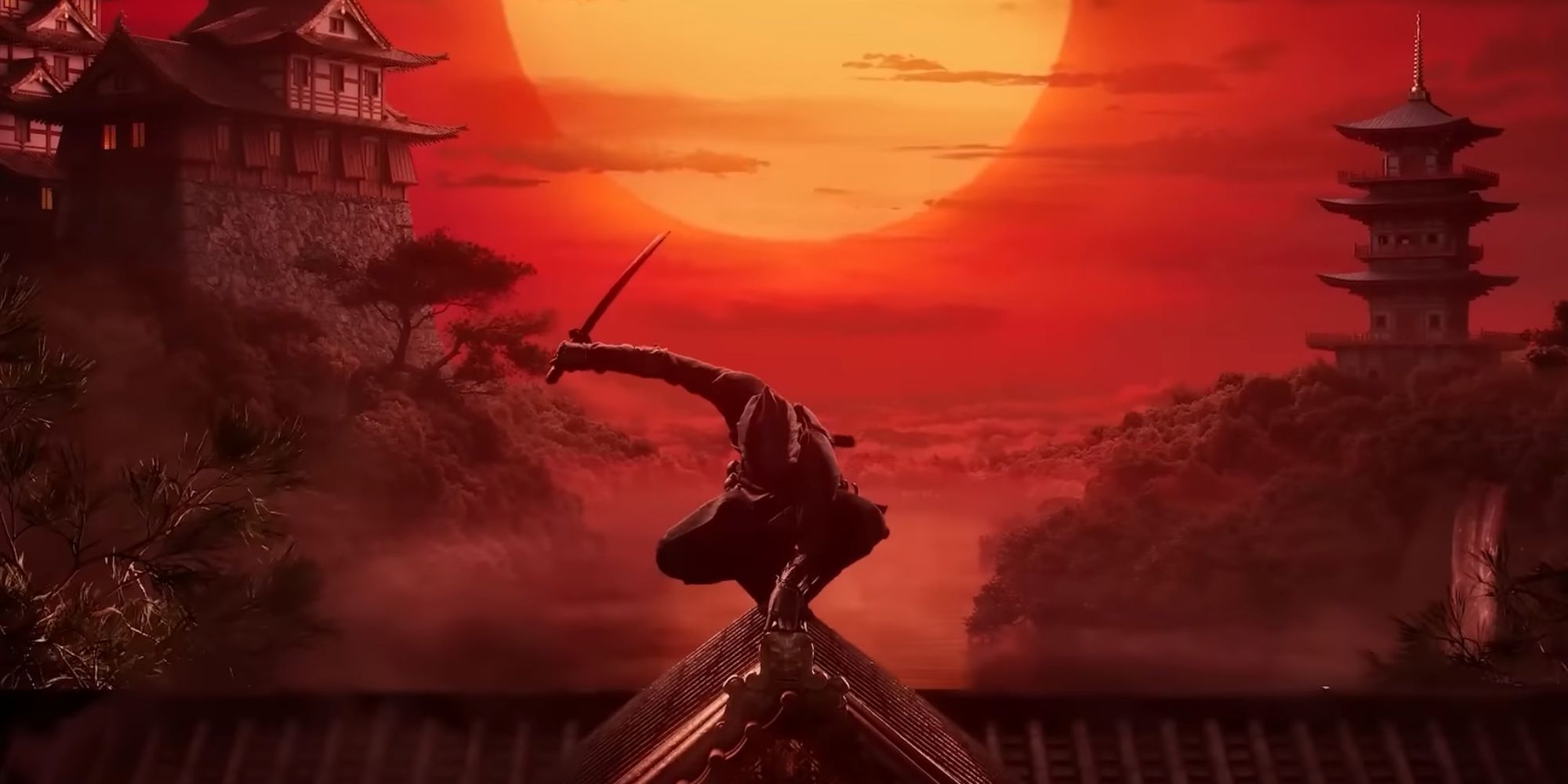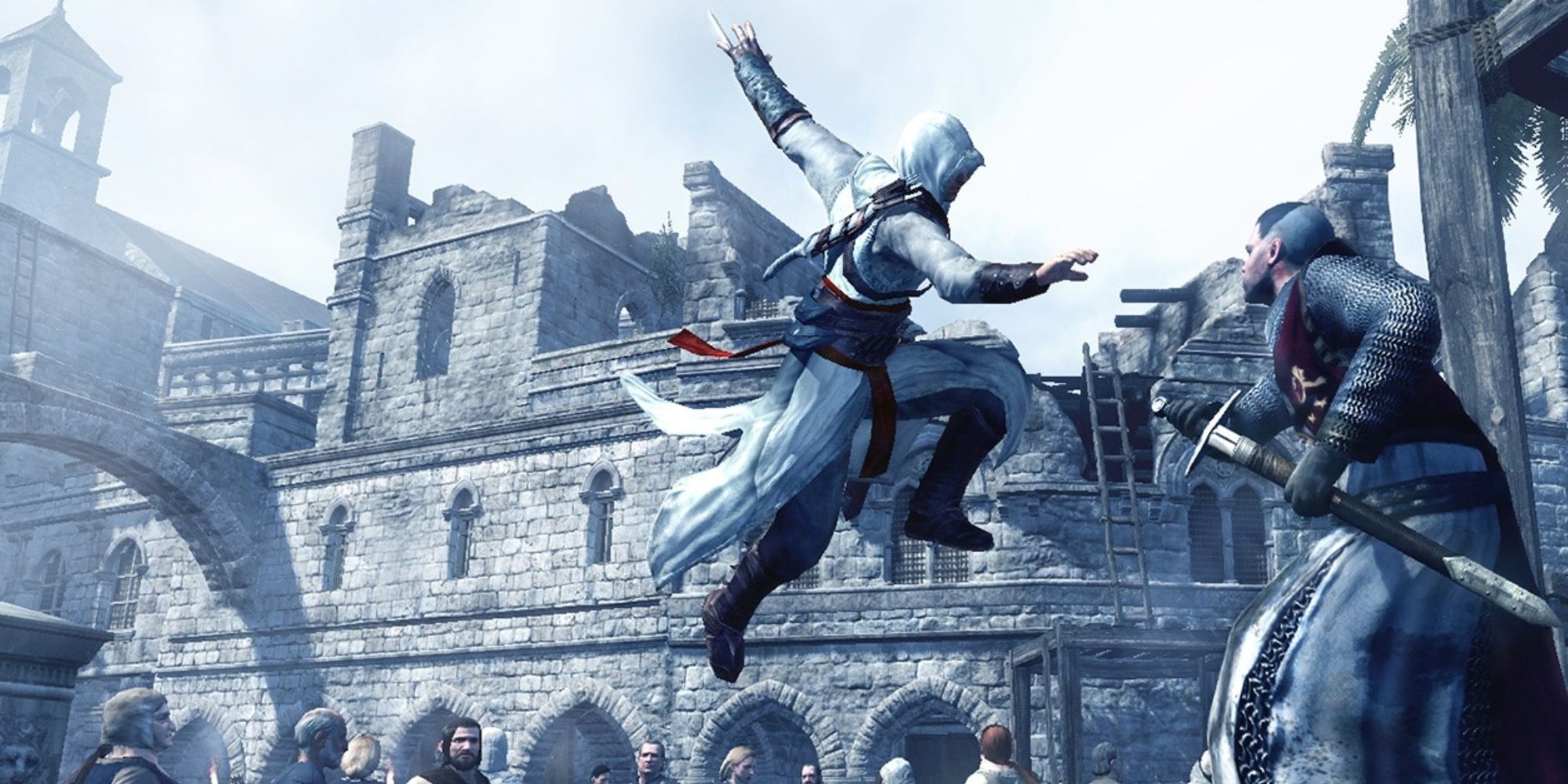This weekend has been a busy time for Ubisoft. After both skipping Summer Game Fest and having only minimal presence at Gamescom, Ubisoft waited until right at the end of reveal season to reveal anything at all. After riding SGF’s coattails with an unrelated presentation that’s primary purpose was to waste everyone’s time, Ubisoft again surfed in the wake of Gamescom with Ubisoft Forward, an event that (typical of Ubisoft but atypical of everyone else) was announced months ahead of time killing all hype, and then clashed with Disney’s D23 anyway. Still, despite this (and despite several pre-show leaks), Ubisoft Forward arrived to rapturous applause, announcing new Assassin’s Creed games, the return of Rayman (kinda), and a handful of other goodies. But that’s not all Ubisoft’s been up to.
It also launched a five-year plan to help improve diversity, with the aim of improving "racial, ethnic, and cultural diversity" within the next few years. While the official announcement cannot say this, it’s clear the move is also designed to help restore Ubisoft’s image. The studio has faced several scandals and controversies in recent years, and just the day before this five-year plan was revealed, employee activist group A Better Ubisoft released a statement underlining its disappointment at the lack of reforms to the studio’s toxic work culture, and the “painfully slow” progress that has been attempted, highlighting that abusers have remained in power long after overwhelming accusations. Ubisoft’s words say it’s a progressive company keen on increasing diversity and moving with the modern era. Ubisoft’s actions tell the real story.
One of the games revealed at the Ubisoft Forward was an Assassin’s Creed game set in Japan. You’d have thought the biggest controversy over this would have been the fact fans wanted this for years and then stopped immediately once they saw Ghost of Tsushima do it better, but there’s more to it than that. The game (Codename Red) is set to be helmed by Jonathan Dumont, who was part of a slew of senior Ubisoft developers accused of creating a culture of intimidation and harassment during the development of high-profile titles like Assassin’s Creed Odyssey, on which he also served as director.
Dumont specifically was accused of using his large stature to physically intimidate new female employees, yelling in staff’s faces until they cried, and of casual homophobia and misogyny in workplace presentations. Along with a group of other devs, Dumont was also accused of inappropriately touching staff during meetings, and was said to be “one of the biggest offenders”. These allegations emerged two years ago, around the same time that Serge Hascoët, Tommy Francois, and Ashraf Ismail were let go. Dumont survived however, and is being trusted once again with seniority.
Francois, Ismail, and especially Hascoët were highly publicised cases. Dumont’s accusations came with a deluge of others as the problems at Ubisoft were laid bare. A cynical interpretation might suggest that it would be bad press to keep Hascoët around once his name became synonymous with Ubisoft’s systemic issues. Keeping Hascoët meant too much bad press. With Dumont, whose name was lost in a blend of other accusations, Ubisoft was holding up the corner of the rug, ready and waiting for it to be swept under.
When I saw Dumont’s name attached, I had to look him up online before I remembered fully. It rang a bell, but not enough to stir an instant recoiling action the way it might if I heard Hascoët was in charge of anything ever again. Most fans won’t think to do that. Outside of a handful of auteur figures like Kojima, Levine, and Druckmann, few players can tell you the name of any devs of the teams of their favourite games. Fame just isn’t part of the profession, and that means scandals can weather the storm – so long as you have an employer willing to tolerate and protect you.
There’s much to discuss about Ubisoft’s new direction for Assassin’s Creed. We’re getting a tighter stealth-based experience followed by two full RPGs as part of a live-service platform we still don’t fully understand, but which somehow now seems more tangible with codenamed games attached to it. Ubisoft is banking on you not knowing who Jonathan Dumont is, or better yet, knowing but not caring because a Japanese Assassin’s Creed is just too exciting for workplace abuses to matter. Ubisoft is the same company it has always been, and it’s banking on you not caring about that either.
Source: Read Full Article

